Tuesday,
Dec 9
Paris
15°
Wednesday,
Dec 10
Paris
11°
Thursday,
Dec 11
Paris
11°
Friday,
Dec 12
Paris
10°
Saturday,
Dec 13
Paris
9°
Sunday,
Dec 14
Paris
9°
MORE IMPORTANT INFORMATION ABOUT YOUR TRAVEL TO Paris
The Train station is located at the center of Paris
Paris (English: ; French pronunciation: [paʁi] ) is the capital and most populous city of France, with an official estimated population of 2,102,650 residents as of 1 January 2023 in an area of more than 105 km2 (41 sq mi), making it the fourth-most populated city in the European Union as well as the 30th most densely populated city in the world in 2022. Since the 17th century, Paris has been one of the world's major centres of finance, diplomacy, commerce, culture, fashion, gastronomy and many areas. For its leading role in the arts and sciences, as well as its early and extensive system of street lighting, in the 19th century, it became known as "the City of Light".The City of Paris is the centre of the Île-de-France region, or Paris Region, with an official estimated population of 12,271,794 inhabitants on January 1, 2023, or about 19% of the population of France, making the region France's primate city. The Paris Region had a GDP of €765 billion in 2021, the highest in the European Union. According to the Economist Intelligence Unit Worldwide Cost of Living Survey, in 2022, Paris was the city with the ninth-highest cost of living in the world.Paris is a major railway, highway, and air-transport hub served by two international airports: Charles de Gaulle Airport (the second-busiest airport in Europe) and Orly Airport.
Source:
WikipediaADDITIONAL INFORMATION ABOUT Rennes
The Train station is located at the center of Rennes
Rennes (French pronunciation: [ʁɛn]; Breton: Roazhon [ˈrwɑːzən]; Gallo: Resnn; Latin: Condate Redonum) is a city in the east of Brittany in northwestern France at the confluence of the Ille and the Vilaine. Rennes is the capital of the region of Brittany, as well as the Ille-et-Vilaine department. Rennes's history goes back more than 2,000 years, at a time when it was a small Gallic village named Condate. Together with Vannes and Nantes, it was one of the major cities of the ancient Duchy of Brittany. From the early sixteenth century until the French Revolution, Rennes was a parliamentary, administrative and garrison city of the historic province of Brittany of the Kingdom of France. Since the 1950s, Rennes has grown in importance through rural flight and its modern industrial development, partly automotive. The city developed extensive building plans to accommodate upwards of 200,000 inhabitants.
Source:
WikipediaImages of the trains for your trip
Where Can You Travel With Us?
TAKE A LOOK AT OUR MAP
France
Italy
Netherlands
Luxembourg
Austria
Germany
Belgium
Switzerland
Denmark
Sweden
Norway
Hungary
Czech
Ukraine
China
Active
France, Italy, Netherlands, Luxembourg, Austria, Germany, Belgium, Switzerland, Denmark, Sweden, Norway, Hungary, Czech, Ukraine, China
Upcoming
USA, Canada, Spain, Poland, Japan
Other Train Trips From Rennes

Rennes to Dijon Ville

Rennes to Avignon
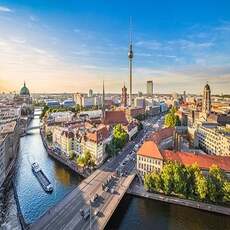
Rennes to Saint Omer Pas de Calais
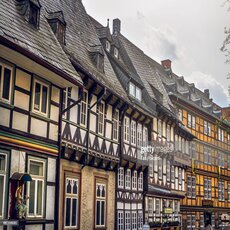
Rennes to La Tour Du Pin

Rennes to Massy Tgv
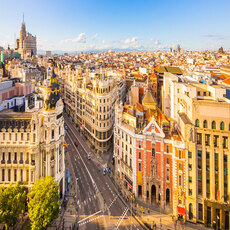
Rennes to Lyon Saint Exupery Airport

Rennes to Morhange

Rennes to Dax
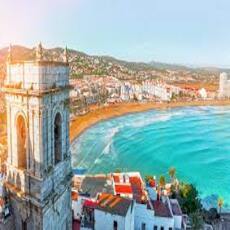
Rennes to Saint Claude

Rennes to Montrejeau Gourdan Polignan

Rennes to Lutzelbourg

Rennes to Dole Ville

Rennes to Saint Germain Des Fosses

Rennes to Montbard
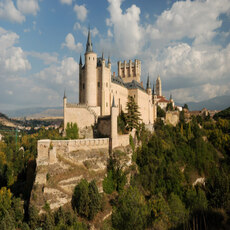
Rennes to Marseilles Blancarde

Rennes to Thiers

Rennes to Orchies

Rennes to Croix Wasquehal

Rennes to Vichy
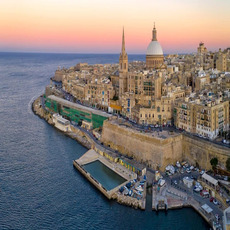
Rennes to Vittel

Rennes to Sauveterre De Bearn

Rennes to Cercy La Tour

Rennes to Carcassonne

Rennes to Saint Sulpice Lauriere

Rennes to Le Croisic
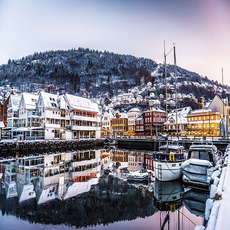
Rennes to Souillac

Rennes to Nimes Pont Du Gard

Rennes to Limoges Benedictins
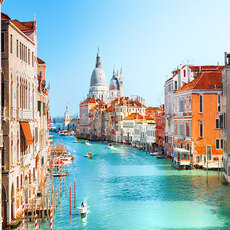
Rennes to Angers Saint Laud
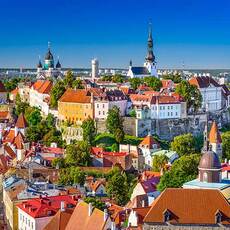
Rennes to Val De Reuil
WHY YOU SHOULD TRAVEL BY TRAIN?
To travel from Rennes To Paris, trains would be the best travel choice, for several reasons:
1
Eco-Friendly
Trains are the most environmentally-friendly way of transport to the EU Environment Agency. They are powered by electricity, which is renewable and has a low environmental impact.
2
Speed
Travelling by train is in most cases the fastest way to go from Rome to Milan. Trains usually travel at high speeds, making them the fastest way to get from one place to another.
3
Safety
Travelling by train is one of the safest forms of transport. Trains are heavily regulated and monitored, making them safer than other forms of transport.
4
Price
Travelling by train is often cheaper than other forms of transport, such as flying or taking a bus. Trains are often subsidized by the government, making them cheaper than other forms of transport.
5
Luggage
Travelling by train is a great way to transport luggage. Trains usually have plenty of space for luggage and they are usually safe and secure.
6
Luggage
Travelling by train is often faster than other forms of transport, such as driving or taking a bus. Trains usually travel at high speeds, making them the fastest way to get from one place to another.
7
Comfortability
Travelling by train is usually very comfortable. Trains usually have comfortable seating and plenty of legroom, making them a great way to travel.
8
Comfortability
Travelling by train is a great way to get some sleep. Trains usually have comfortable seats and plenty of legroom, making them a great way to get some rest while travelling.
9
WIFI
This is not necessarily the most important when you travel since we prefer to tell you to enjoy your travel without your phones, but on trains, you can find WIFI onboard, so you remain connected to the internet if you choose to.
THESE ARE THE TRAIN OPERATORS WE WORK WITH



















